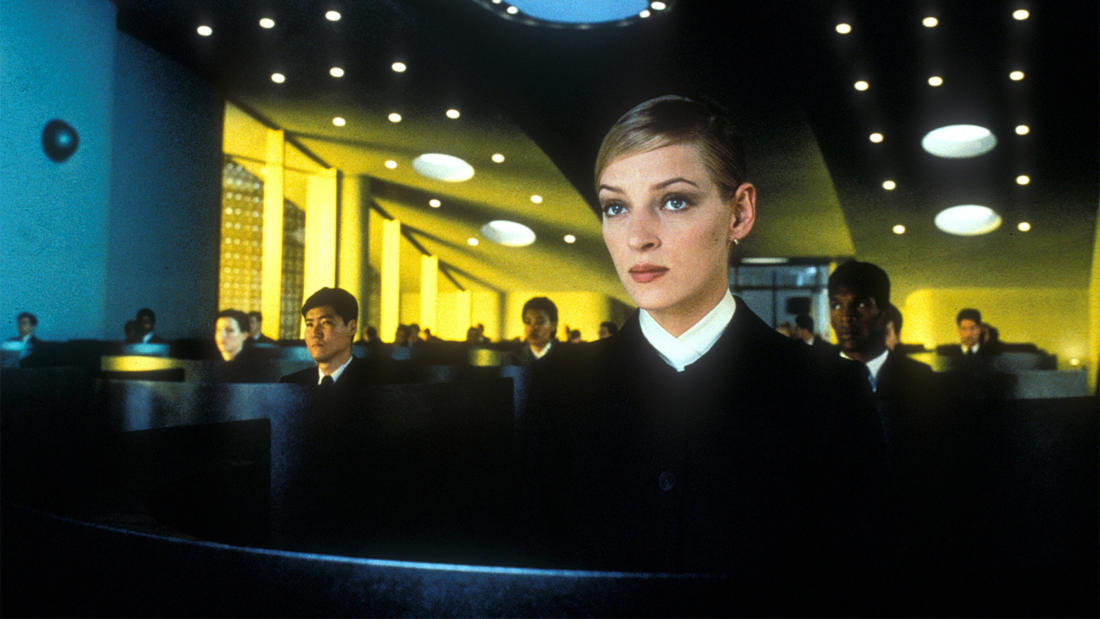
The Grand Cinema Tacoma, WA
Suzanne Holland, PhD
Professor, Religious Ethics
andSiddharth Ramakrishnan, PhD
Neuroscientist
Gattaca— The genetically enhanced future: A 25-year retrospective on the predictions of Gattaca
Program Description
In 1997, Gattaca depicted a future of genetic engineering through reductive technology to produce genetically desirable humans. Just how prescient was Gattaca? Are we now living in that dystopian future that Gattaca imagined? In this presentation and audience discussion, bioethicist Suzanne Holland (John Magee Professor of Science & Values at University of Puget Sound) and neuroscientist Siddharth Ramakrishnan (Jennie Caruthers Chair in Neuroscience at University of Puget Sound) will look at the ethics and science of genetic and neurological enhancements that face us today — almost exactly 25 years since Gattaca was first released.
Presented At
The Grand Cinema Tacoma, WA
Film Synopsis
In a dystopian future that prizes ideal DNA above all, a genetically inferior man assumes the identity of a superior one in order to pursue his lifelong dream of space travel.
In the not-too-distant future, a less-than-perfect man wants to travel to outer space. Society has categorized Vincent Freeman (Ethan Hawke) as a genetically inferior "in-valid," and he has become one of the underclass of humans that are only useful for menial jobs. He decides to fight his fate by purchasing the genes of Jerome Morrow (Jude Law), a perfect genetic specimen. He assumes Jerome's identity and joins the Gattaca space program, where he falls in love with Irene (Uma Thurman). Just when Vincent is finally scheduled for a space mission, a Gattaca officer (Gore Vidal) is killed and the police begin an investigation, jeopardizing his secret.
About the Speaker
Dr. Holland teaches in the area of religious ethics and values, including bioethics, science and technology, religion, and Gender Studies. Her research interests range from the ethics of human genetics and stem cell research, biotechnology and commodification, to broader issues in religion, culture and public policy.
Dr. Ramakrishnan is an Assistant Professor of Biology and the Jennie M. Caruthers Chair in Neuroscience at the University of Puget Sound. His research interests span the field of developmental biology, neuroendocrinology and sensory-motor integration.